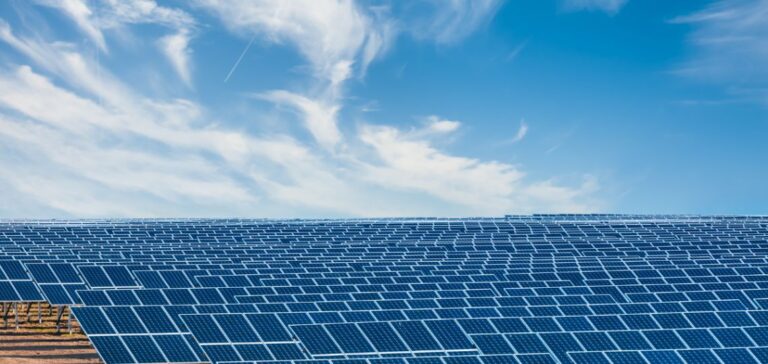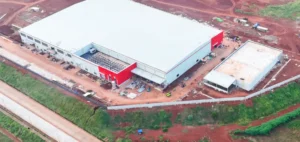Konexa, a UK-based energy development company, has signed a funding agreement with Climate Fund Managers and the Norwegian financial institution Norfund to deploy a 50-megawatt solar infrastructure project in Nigeria. The initial $3.6mn investment is expected to unlock approximately $80mn in additional funding at the construction stage, scheduled for the second half of 2025.
Expanding access to industrial electricity
The project includes the construction of a solar photovoltaic plant and upgrades to grid infrastructure to connect two Nigerian Breweries Plc industrial sites located in Lagos and Enugu State. It represents the second phase of a broader programme launched in 2024 with the introduction of Konexa’s private renewable electricity trading platform, supported by the Microsoft Climate Innovation Fund and the European Union.
The stated goal is to improve electricity reliability for commercial clients while reducing their reliance on diesel and gas-powered generators. The model also aims to strengthen local distribution grids near the connected sites, with anticipated benefits for surrounding electricity consumers.
Blended finance and scalable model
The initial $3.6mn will be shared among the partners: 50% will be provided by Climate Investor One, the EU-supported blended finance fund, with Konexa and Norfund each contributing 25%. According to the partners, this mechanism is expected to attract around $80mn in additional investments at the project’s financial close.
In addition to the solar plant, the project will create 100 construction jobs and 35 permanent positions. The site is designed to offset approximately 30,000 tonnes of carbon dioxide annually, although this was not cited as a primary driver of the agreement.
Underinvested infrastructure market
Nigeria continues to face a structural deficit in renewable energy production and grid infrastructure. Many of the country’s industrial companies remain dependent on self-generated, high-cost energy sources, limiting their competitiveness. The initiative aligns with Nigeria’s Vision 30:30:30 strategy, which aims to generate 30% of electricity from renewable sources by 2030.
This project builds on a first phase of $18mn launched in March 2024, which connected two Nigerian Breweries sites in Kaduna. The upcoming phase will also include storage enhancements to ensure full power delivery under existing power purchase agreements.






















